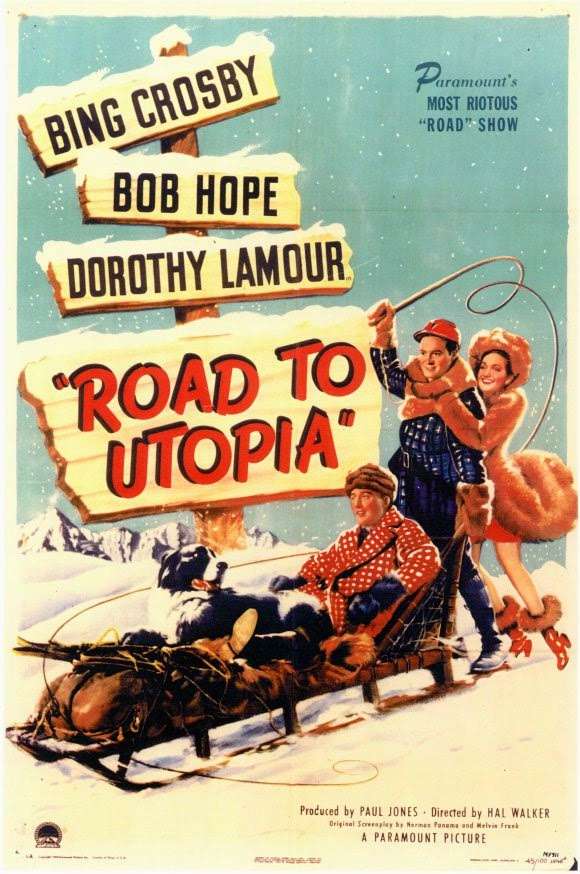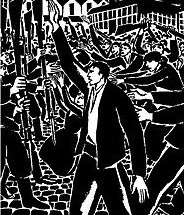Three Questions About Rand Paul
How his presidential campaign can help or hurt the cause of liberty

I do not expect Rand Paul to win his party's presidential nomination this time around. I also live in a state where you have to be a registered Republican to vote in the GOP primary, so I'm not going to be in a position to cast a ballot for or against him next year anyway—not unless he defies my expectations and becomes the nominee. And I don't have tremendous faith that even a well-meaning president, should such a beast exist, can tame a vast and entrenched system of power.
So the question Would we be better off with Rand Paul as president? isn't particularly important to me right now. I'm more interested in three other issues:
1. What will Rand Paul the presidential candidate do to Rand Paul the senator? It'll be a few more months before we know this for sure, but it looks like Paul won't have to give up his Senate seat to run for president. That's good: Despite Paul's steps closer to the conventional right, he's still miles preferable to pretty much anyone likely to replace him. But in the meantime, Paul's drift toward Hannityville is bound to be reflected in how he votes, what bills he introduces, and, in general, where he chooses to take a stand.
Valuable though it may be to imagine what Paul could do if he's elected president, I spend more time thinking about what he can do with the office he has now. The Senate is a place where just one or two people can put the brakes on a terrible idea—as Paul reportedly did in 2011 by blocking a move toward bringing Georgia into NATO. It will be a shame if Paul's presidential ambitions make him less willing to exercise his power in such ways.
The flipside is that those ambitions may have made him more likely to make big pushes on the issues where he isn't folding. Right now it looks like he's standing by his deviations from GOP orthodoxy on criminal justice. Can that make up for his meeker positions on foreign policy?

2. We've watched Rand Paul run toward the other candidates. Is there any chance any of them will run toward him? Segments of the GOP have become interested in criticisms of crony capitalism and mass incarceration. They may not take their critiques as far as a libertarian would prefer, but their shifts are a welcome sight in a party traditionally associated with corporate handouts and chest-beating about law 'n' order. Could Paul amplify those ideas to the point where other candidates start echoing him, the way Paul's father got Newt Gingrich talking about auditing the Federal Reserve? And if so, will any of that progress past election-year rhetoric into actual reforms?
3. Will Rand Paul's movement build the broad movement for liberty? The conventional wisdom about the Paul family holds that Ron ran for president to spread his ideas and build a movement, while Rand is in it to win it. While that's more or less true, it's also true that the elder Paul never expected his 2008 campaign to spark the reaction it did. The aftereffects of that reaction range from the election of a handful of self-proclaimed Ron Paul Republicans to a boom in countercultural libertarian projects far removed from either electoral politics or the Pauls' social conservatism.

Rand Paul understands that exciting the libertarian base isn't going to get him the Republican nomination, so he's currently concerned with courting other constituencies. But perhaps he'll get a lot of libs excited anyway. Perhaps he'll even have a moment like his father's confrontation onstage with Rudy Giuliani in South Carolina, an exchange of words that unexpectedly lit a flame at the grassroots. What then?
In the worst-case scenario, a bunch of libertarian-leaning Americans are diverted from potentially productive activism into a doomed presidential campaign. In the best-case scenario, they're energized not just to work for one candidate but to work for liberty in general. Within the realm of electoral politics, that could mean installing more legislators willing to head for the territories that Sen. Paul presently occupies almost alone, and maybe even some of the territories he once held but beat a retreat.
But Paul won't do that work for the movement if he keeps running away from positions that distinguish him from the dominant strain of his party. That alone should be a good reason for libertarians to hold the senator's feet to the fire. It may be in his best interests to softpedal the stances that could deny him his party's nomination. But his best interests and ours are not always aligned.


Show Comments (77)